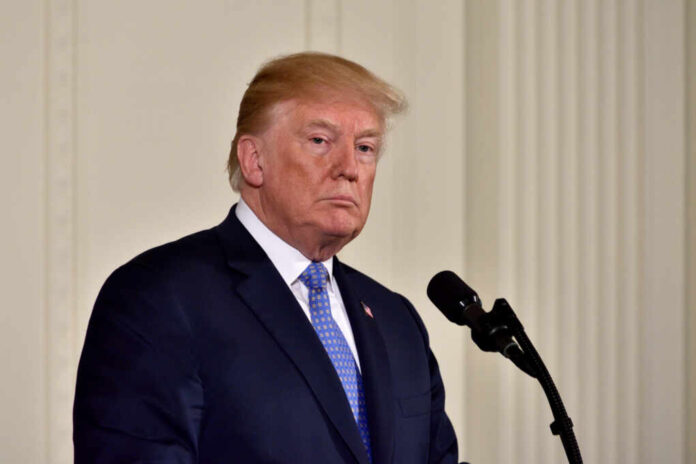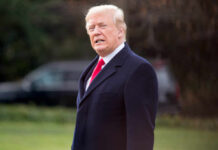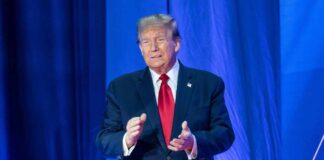
Former President Donald Trump was recently dealt a significant blow in his fight to have the election interference case against him dismissed.
On Tuesday, a federal appeals court ruled that he’s not immune from criminal prosecution for his involvement in allegedly trying to overturn the results of the 2020 presidential election.
🚨🚨🚨MAJOR BREAKING: The DC Circuit has released its opinion on Donald Trump’s immunity and rules he is NOT immune from criminal prosecution.
Here are the details. 👇
A federal appeals court has ruled that Donald Trump can be prosecuted for trying to overturn the 2020 US… pic.twitter.com/6wzTDMYAT7
— CALL TO ACTIVISM (@CalltoActivism) February 6, 2024
Trump and his legal team have argued that he is immune from prosecution in this case because the actions he is alleged to have taken happened while he was in the White House. Plus, the Senate acquitted him on these same charges as part of his second impeachment trial.
The decision, handed down by a three-judge panel of the DC Circuit, was unanimous. Two of the judges on the panel were appointed by President Joe Biden, while the other was appointed by George H.W. Bush.
“For the purpose of this criminal case, former President Trump has become citizen Trump, with all of the defenses of any other criminal defendant,” the court wrote in its ruling. “But any executive immunity that may have protected him while he served as President no longer protects him against this prosecution.”
Immediately following the ruling, Steven Cheung, a spokesman for Trump, said the former president would be appealing the decision.
Trump now has until Feb. 12 to file an emergency request to the Supreme for a stay, which would put his trial on hold so his lawyers could file a full appeal.
It’s been widely expected for a while now that this case could eventually make its way to the Supreme Court.
Special Counsel Jack Smith seemed to acknowledge that fact a few months ago when he petitioned the high court to usurp the normal court process to take up Trump’s immunity case immediately.
His goal was to not delay the start of the trial, which had been scheduled for March. Smith was not successful in doing so, though, as the Supreme Court denied his request.
In making its ruling, the DC Circuit appeals court disagreed with the argument Trump made that a criminal indictment against him could have a “chilling effect” on future presidents.
“Past Presidents have understood themselves to be subject to impeachment and criminal liability at least under certain circumstances, so the possibility of chilling executive action is already in effect,” the court wrote.





























